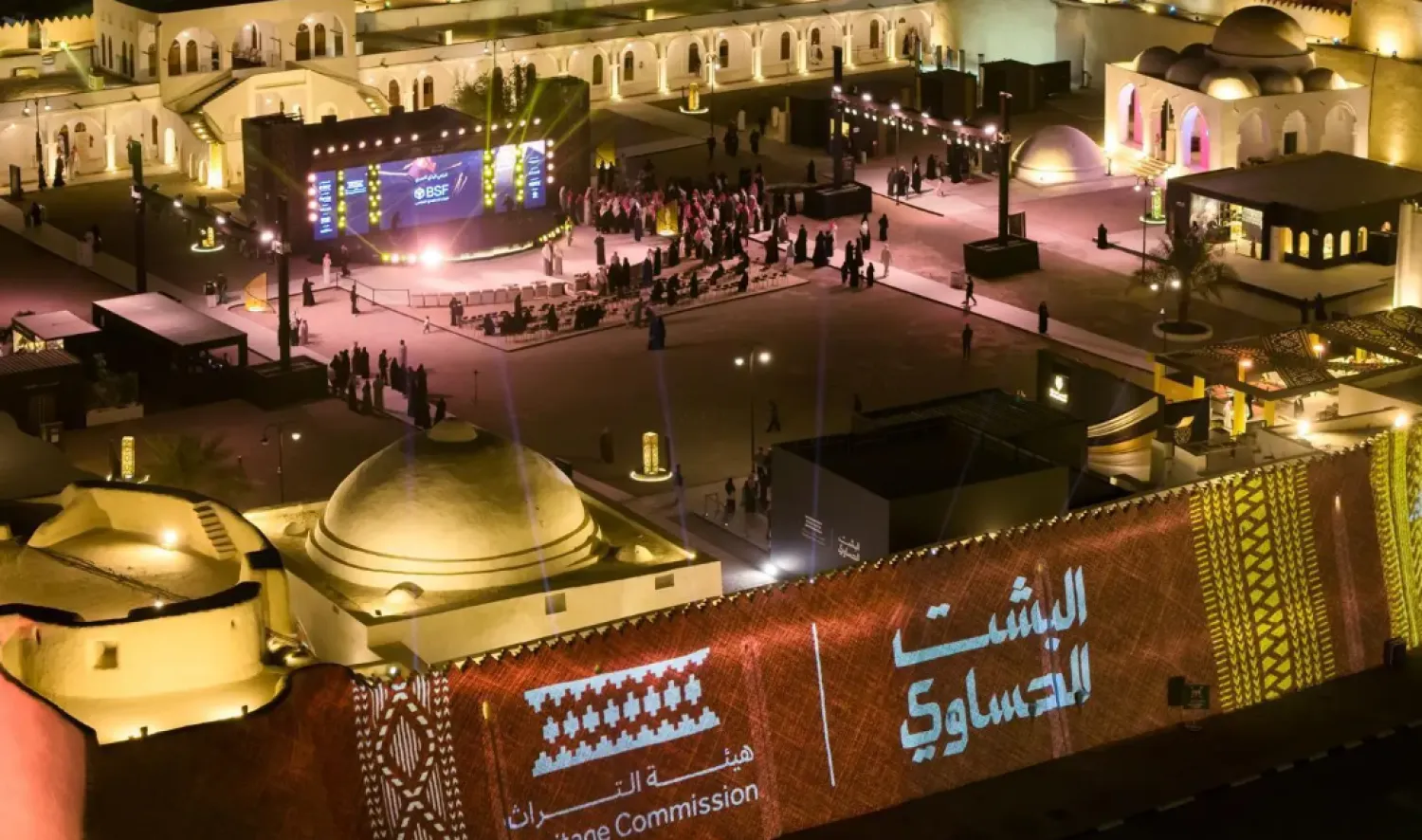The Ministry of Culture has announced that it was accepting applications for the second cycle of the National Grant Program for Culture and Creativity (NGPCC) to offer grants to Emiratis with creative projects.
The nationwide grant program, which was launched in 2023, is a key initiative of the Ministry of Culture designed to receive applications from across various fields, including Books and Literature, Music, Film and TV, Performing Arts and Theater, Visual Arts and Design, Video Games and Cultural Heritage. The program's second cycle will be accepting online applications until June 1.
The grant program covers the cultural and creative industries offering creatives a chance to showcase their work to local, regional, and international audiences leading to greater visibility of the UAE’s talent and local cultural production.
At the heart of this program lies the Ministry’s commitment to developing a thriving creative ecosystem in the country by fostering home-grown talent, advancing careers, and enabling further production of creative projects from the sector.
The first cycle of the National Grant Program for Culture and Creativity has awarded 26 emerging and established Emirati creatives in several cultural and creative fields. A few project outcomes include short films, published books, theater productions, a video game, as well as the participation of creatives within international residencies, performances, and art fairs in Venice, Egypt, Latvia, and Poland.
Speaking about NGPCC, Minister of Culture Salem bin Khaled Al Qassimi said that the launch of the second cycle of the program illustrates the unwavering support of his Ministry for the UAE’s cultural and creative industries and promoting the UAE’s national identity and heritage.
“Building on the success of last year’s cycle, we would like to expand the program’s reach and urge more creatives to come forward and submit their applications to benefit from this opportunity. By enabling talent through providing funding, we aim to enhance cultural production in the country and maximize exposure and presence for Emirati creatives locally, regionally and internationally while also enhancing the UAE’s position on the global cultural and creative map,” he added.
The program invites artists, designers, writers, musicians, filmmakers and other creative professionals to submit their proposals to the Ministry within four categories that cater to the specific needs of creatives. They include the Creation and Production Grant, Promotion and Local Participations Grant, Capacity Development Grant and International Travel and Mobility Grant.









